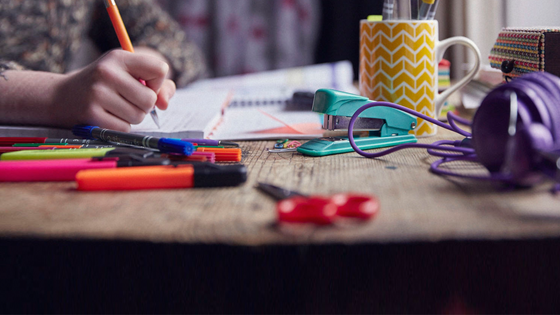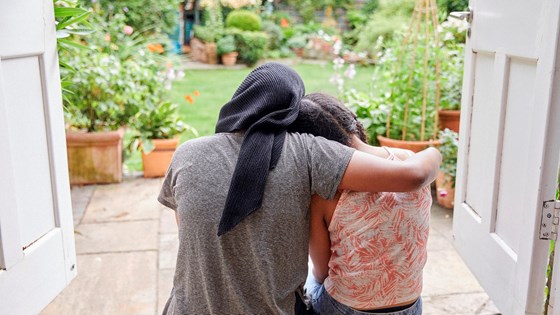Teenagers often struggle to wake up easily in the morning. This is not actually due to laziness, but when children become teenagers their sleeping pattern changes to make them want to go to bed later and wake up later. This can make it very difficult to wake up early in the morning.
If you’re struggling to wake up in the morning then it’s very important you don’t go to bed too late and that you set your alarm for reasonable time in the morning and get up at that time seven days per week. If you let yourself sleep in at the weekends, it can encourage your body to go to bed later and wake up later even when you have to go to school.
Some things that can help you get out of bed are:
- putting your clock or mobile phone on the other side of the room, so you have to physically get out of bed to turn your alarm off
- finding a small reason to get out of bed - like a tasty breakfast, exercise, meditation, writing a mood journal, or listening to your favourite podcast while you get ready.
It’s also very important that you get bright light exposure early in the morning to help you feel more awake and alert. Ideally you should open your curtains as soon as you wake up to get some early bright sunshine exposure.
Once you start getting into a routine, you’ll start to find that waking up each morning becomes slightly easier.









